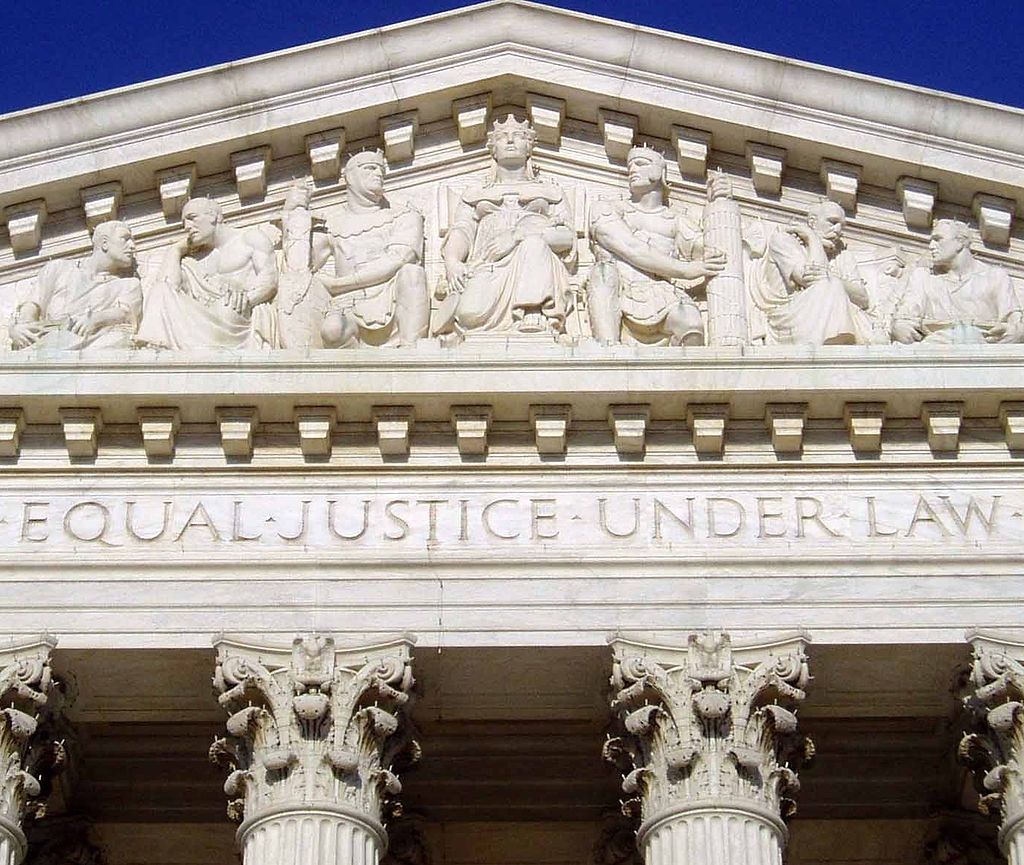
Such hearings are usually "informal," meaning that witnesses are not sworn in and cross examination is not required. In preservation cases, a hearing is generally held before property is designated for protection under a local preservation ordinance and in considering an application to alter or demolish property once designated. A hearing will be deemed sufficient if it provides all interested persons sufficient opportunity to present their cases fairly in a meeting open to the public. Supreme Court has made clear that a trial-type hearing is not required in every case. The most fundamental requirement of procedural due process is the opportunity to be heard. The amount of protection afforded usually depends upon the type of action being taken, the interest of the individual involved, the extent to which the governmental action affects the interest at stake, and to a lesser extent, the government's need to work efficiently and expeditiously. Courts have and continue to protect individuals from arbitrary governmental action by ensuring that the process of making, applying and enforcing laws is fair. In comparison, procedural due process violations are more readily found. It is not sufficient to show that a governmental decision was arbitrary and capricious, because otherwise every state law violation would be converted into a constitutional action. A claimant must show that the government acted in a truly irrational or egregious manner. The standard for establishing substantive due process violations is difficult to meet. "Procedural due process" requires that the means used by government officials in making and carrying out decisions affecting such interests be fair. "Substantive due process" insists that governmental actions affecting an individual's constitutionally protected interests be rational or reasonable. Because historic resources are often privately owned, compliance with due process is an essential component of historic preservation law – especially in matters involving the regulation of historic properties under local preservation ordinances.Ĭourts recognize two distinct forms of due process. Constitution require that no person be deprived of "life, liberty or property" without due process of law.

The Fifth and Fourteenth Amendments to the U.S. Driehaus Foundation National Preservation Awards
#Equal protection full#
Telling the Full History Preservation Fund.African American Cultural Heritage Action Fund for Historic Sites.African American Cultural Heritage Action Fund.The Linda and Jerry Bruckheimer Preservation Fund for Kentucky.Sam and Mary Cooke Preservation Fund for Hawai’i.Peter Grant Preservation Fund for Colorado.Appell, Jr., Preservation Fund for Central Pennsylvania Bartus Trew Providence Preservation Fund.The Cynthia Woods Mitchell Fund for Historic Interiors.Hart Family Fund for Small Towns: Guidelines & Eligibility.

Johanna Favrot Fund for Historic Preservation.NEH Telling the Full History Grantee Resources.Forum Journal - Current Issues/Non-Member view.


 0 kommentar(er)
0 kommentar(er)
